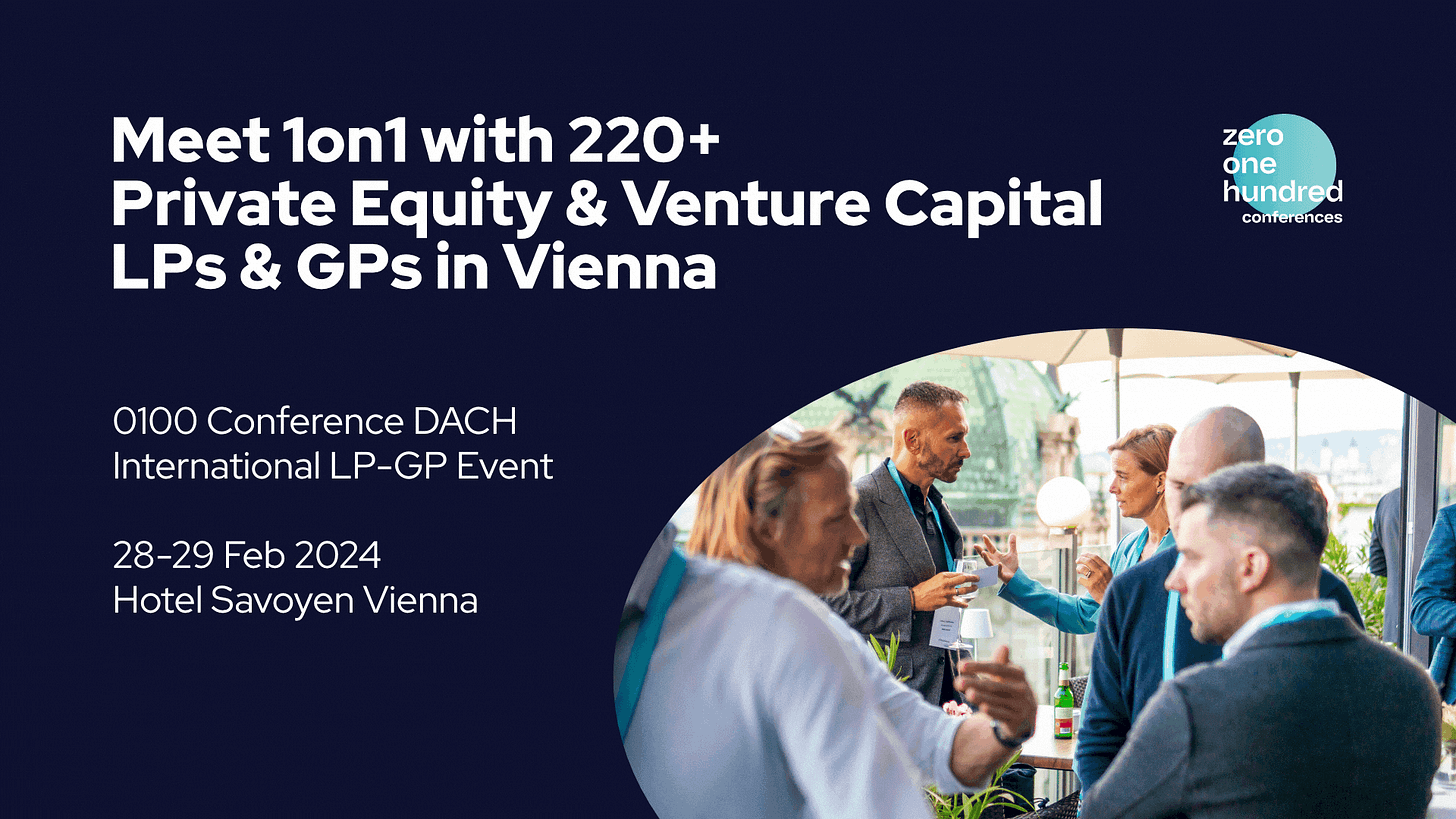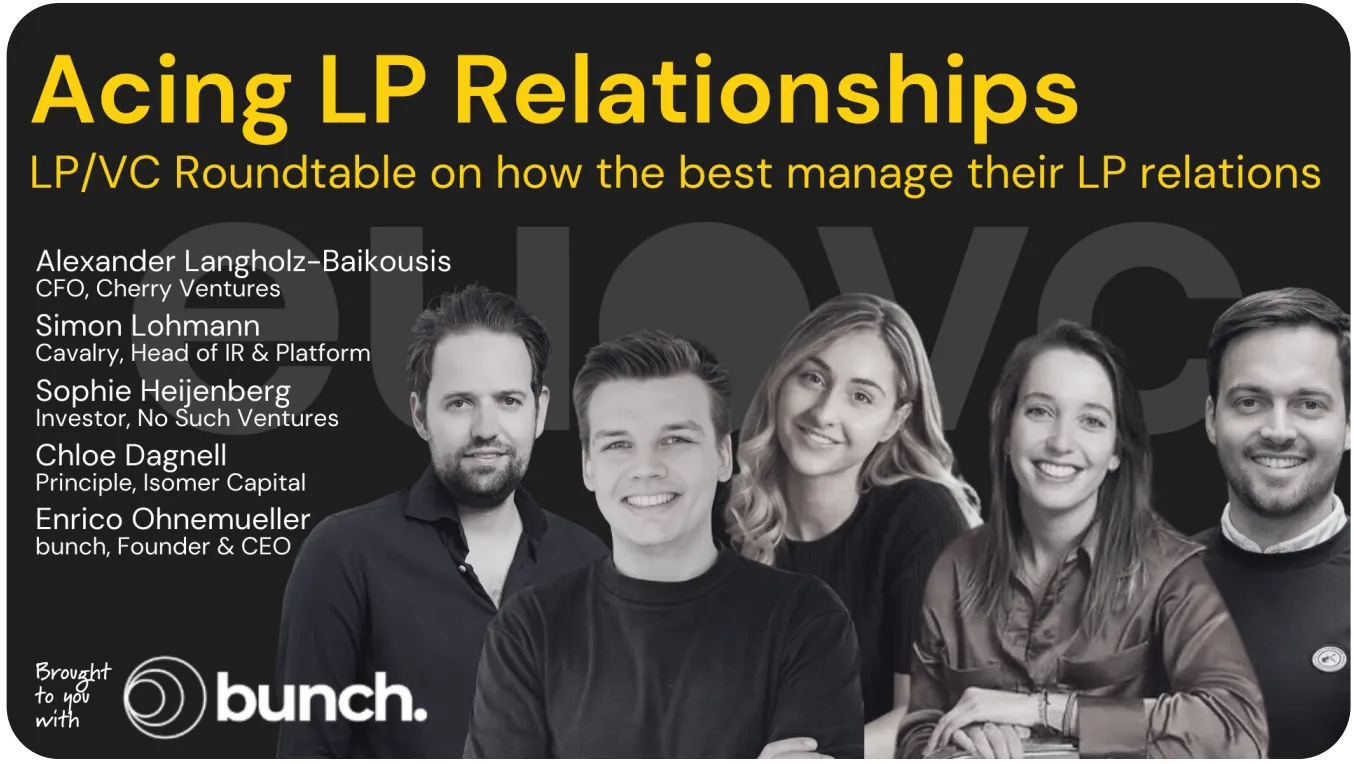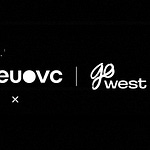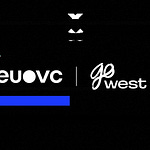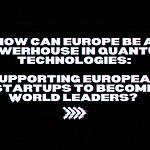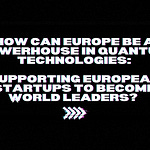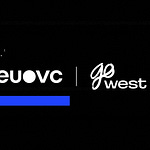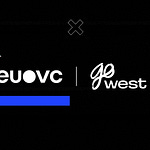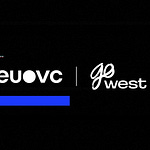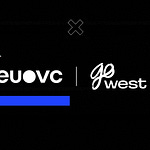Hemal Fraser-Rawal is the GP of White Star Capital, a global investment platform with 1.5B AUM housing venture capital, digital assets and now debt-led Hybrid growth financing for companies.
White Star Capital backs exceptional entrepreneurs building ambitious, international businesses across multiple stages and operate out of London, New York, Paris, Montreal, Toronto, Guernsey, Tokyo, and Singapore. By having such global presence, perspective, and people enable White Star are able to partner closely with their founders and them scale internationally.
Listen to the pod on Apple & Spotify 🎧
Table of Contents | Scroll ⏬ for all the insights 👀
Episode chapters.
Hemal’s journey into venture.
Take a stance.
Shout-out.
Advice to 10-year younger self.
Top tips for emerging VCs who are fundraising.
Most counterintuitive learning.
Uncommon belief.
Scroll on ⏬ For the chapters & core learnings 🧠
This episode is brought to you in partnership with — Zero One Hundred.
A unique and curated setting for private equity and venture capital LPs and GPs to unite. The 10th edition gathers leading investors looking at the DACH region.
Chapters:
00:03:18 - Turbocharging company growth through equity and debt
00:06:01 - Leveraged finance and the great recession
00:08:46 - The golden age of private credit is changing
00:11:30 - Understanding the growth debt markets
00:14:28 - Volatility in valuations and risk-reward in credit vs VC
00:17:25 - The benefits of debt investments
00:20:08 - The inevitability of write-offs in investing
00:25:49 - Addressing the funding gap in Europe
00:31:08 - Investing across different stages and asset classes
00:33:44 - Considering different investment assets
00:36:18 - Debt-based investment strategy
00:39:07 - Liquidity events and talent in Europe's secondary investing sector
00:41:49 - The availability of technical sector jobs
00:44:33 - Finding Top VCs in Europe
00:50:10 - Persistence in the face of rejection
00:52:53 - Building the Future of machines and software
Q: Hemal’s journey into venture.
My career path was somewhat accidental. I started as an engineer and then, influenced by my friends' internships in banks, I ventured into banking in 2000.
Around 2011-2012, I found myself really enjoying funding tech and telecom companies, especially during a time when early-stage European companies were growing with equity capital from U.S. VCs. These companies approached us for debt financing, even though they were often not profitable at that stage. This experience sparked my interest in how to lend to technology businesses focused on growth over profit.
I was part of the founding team at Barclays that initiated the venture debt program around 2012. We were among the pioneers in lending to European companies in this new way. The landscape in this sector has evolved significantly since then. After a stint at Rocket Internet and Global Growth Capital, where I gained valuable insights, I moved to a traditional venture finance firm, focusing on origination in Europe and Southeast Asia.
However, I noticed that the ecosystem hadn't really changed much in the last 20 years. This observation led us to rethink financing methods. We noticed that while the VC community had evolved by incorporating strategies from private equity, the debt industry hadn’t seen similar sophistication. So, we decided to bring some of the more flexible and advanced financing techniques from our leveraged finance experience to our current field.
That's when we joined White Star Capital. Our ideas and approaches seemed to align well with their vision, and that's how our journey at White Star began.
Q: Take a stance.
"The definition of insanity is doing the same thing over and over again and expecting different results." — Walter Isaacson
Regarding Einstein's quote, I find it particularly relevant to our current times.
Venture debt, traditionally, has been a rather uniform product. It typically involves a standard amortizing term loan with some flexibility from an interest-only period, but that's about it. It has a set pricing, involves taking warrants, and lenders generally behave in the same way.
However, founders often have diverse needs for raising capital, leading to a situation where they're trying to fit a square peg into a round hole. They require various solutions for their financing needs. Therefore, having more venture debt firms offering the same product and expecting to meet these diverse needs seems a bit insane, according to Einstein's definition.
We need to innovate.
European companies often sell out earlier than their US counterparts, partly due to a lack of funding options. Continually backing the same models won't suffice. We need to support different approaches. In the US, for instance, products exist that allow founders to access different types of capital from the same provider, aiding growth before large equity rounds.
The finance world has evolved considerably from 2012 to now, 2024. There's a better understanding of how to finance companies with more sophisticated methods. We're trying to offer these solutions, recognizing that there's still a significant funding gap. There aren't enough alternative options available yet, and this is an area where the European community needs to make improvements.
Q: Give a shout-out to someone you love in the industry
I think it's impossible for me to share just one.
First, my shout-out goes to the high-net worth individuals that backed us right from the start, and to some of the early-stage family offices that came to us. Their trust meant a lot to us, as a first-time fund.
Without them, we couldn't have launched our fund. I owe a huge shoutout to our backers. While I can't name them individually due to their number, their support was indispensable.
For family offices and high net worth individuals tuning into this podcast, consider this approach. Especially if you encounter the right managers, backing them can be a wise decision giving outright returns. It's similar to supporting an early-stage VC fund; you're investing in the manager's track record and vision more than anything else.
Q: What advice would you give your 10 year younger self?
Reflecting back, I'd advise my younger self not to rush so much. I've learned the importance of taking time to think things through. We recently had a professional coach at White Star who emphasized the idea of "think more, talk less." Looking back, I wish I had embraced this approach ten years ago. Instead, I often found myself talking more and thinking less.
If I could give my younger self some advice, it would be to slow down, go with the flow, and absorb as much as you can from different experiences. Throughout my career, I've focused primarily on leveraged finance lending in the TMT sector. That's been the mainstay of my professional life. However, in hindsight, I wish I had diversified my experiences a bit more, adding different skills to my repertoire.
Despite this, I'm very content with where I am now. But if I had the chance, I would certainly tell my younger self to explore a broader range of opportunities.
Q: What are your top tips for emerging VCs across Europe who are fundraising?
Leave your ego at the door & walk through that door.
When you walk through that door, be prepared to face rejection. In my experience, about 99.9% of people say no. The key question is, how final is that no? Is it a firm rejection, or more of a "not right now"?
Having thick skin is crucial.
If you don't naturally have it, you need to develop it, because you'll hear no repeatedly. But the important thing is to persist. Keep pushing forward, and eventually, some of those no's will turn into yes's. That persistence is how I managed to get my first fund closed.
It's a tough journey, but that's how it happens.
Q: What’s the most counterintuitive thing you’ve learned in venture?
I think pricing risk is intriguing.
People often focus on the fundamentals and the business model. However, when the market is thriving and appears attractive, these fundamentals often get overlooked. It makes you wonder how some valuations and pricing decisions are made in such a market.
In my opinion, it's crucial to always consider the basic business fundamentals, regardless of whether the market is flourishing or not. This approach helps avoid situations like the current one, where values and perceptions are being drastically revised. For those managing a portfolio right now, it's particularly challenging to navigate through these changes.
Q: Your uncommon belief.
With the rise of Generative AI and how developed software is, in today’s environment, what we should look at is hardware.
Over the last 20 years I think hardware has left us behind. My personal belief is that we’re probably have to start building things that can complement and run the advanced software that we have. Everyone goes to you saying, «Hey! Don’t invest in hardware, but I think it’s the opposite.
I’m not talking about computers. I’m talking about machies and something to deal with the level of computing power we have from software. Back in the 70s, 80s, and 90s, we had a massive boom in hardware. If we look at Japan, they have made a whole economy out of it.
I think where we are going now, from 2024 onwards is a combination of hardware and software.
Upcoming events
📺 Virtual events we’re hosting
Is Crypto back? | Feb 15, 2024, 12:00 PM - 1:00 PM
Acing LP Relationships | Feb 12, 2024, 12:00 PM - 1:00 PM
😍 In-person events we’re loving
Hit us up if you’re going, we’d love to connect!
GoWest | 📆 6 - 8 February | 🌍 Gothenburg, Sweden
0100 Conference DACH | 📆 28 - 29 February | 🌍 Vienna, Austria
Odense Investor Summit | 📆 13 - 15 March | 🌍 Odense, Denmark
0100 Conference Europe | 📆 16 - 18 April | 🌍 Amsterdam, Netherlands
SuperVenture | 📆 4 - 6 June | 🌍 Berlin, Germany
Nordic LP Forum & TechBBQ | 📆 September | 🌍 Copenhagen, Denmark
North Star & GITEX Global | 📆 14 - 18 Oct | 🌍 Dubai, UAE
GITEX Europe 2025 | 📆 23 - 25 May 2025 | 🌍 Berlin, Germany




